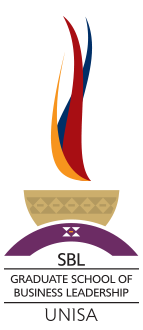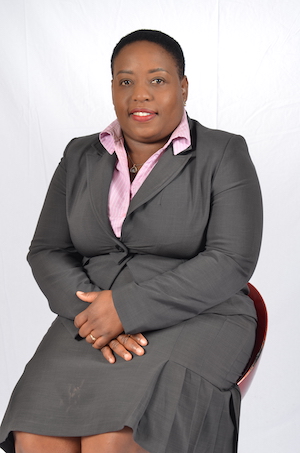

Dr Charity Nhemachena is a postdoctoral fellow at UNISA Graduate School of Business Leadership and specialises in intellectual property rights for plant breeders.
With the abolishment of the Wheat Board in 1996, the deregulation of the wheat sector in South Africa has led to an unfair monopoly that is controlled mainly by private firms. The structural transformation of the wheat sector that resulted from the deregulation has led to reduced market share for publicly produced wheat varieties from the Agricultural Research Council. While the market share of these varieties was more than 50% in 1997, this has dropped to less than 2% in 2015. On the other hand, the market share of the private sector rapidly increased from 37% to 96%.
“The role of the private sector in developing improved agricultural and food technologies has increased, and private agricultural Research and Development investments have surpassed those of the public sector,” says Dr Charity Nhemachena. New commercial opportunities created by scientific advances and the liberalisation of agricultural input markets have been the major factors driving the growth of private agricultural R&D investments, while wheat breeding in the public sector is shrinking.
“It could be argued that the deregulation has contributed to the concentration of wheat seed markets toward a single private actor which is acting as a monopoly.” The private sector has benefited from the public breeding sector, since some of the genetic material being used originated from the public sector.
“Through providing a temporary monopoly from the use of an innovation, intellectual property rights impose social costs. This happens as the monopolistic firms sell less at higher prices while potentially innovating less, taking advantage of their market power.”
Article submitted by: Dr Charity Nhemachena
Editorial: Jive Media Africa
Publish date: 2020-10-07 00:00:00.0
Contact the Marketing and Communication office: Ms Thami Kaunda at kaundn@unisa.ac.za
011 652 0339
Telephone: +27 11 652 0248 / +27 11 652 0291
Email: sbl@unisa.ac.za
Physical Address:
Cnr Janadel and Alexandra Avenues
Midrand, 1686
Gauteng, South Africa
Download map & directions (PDF)